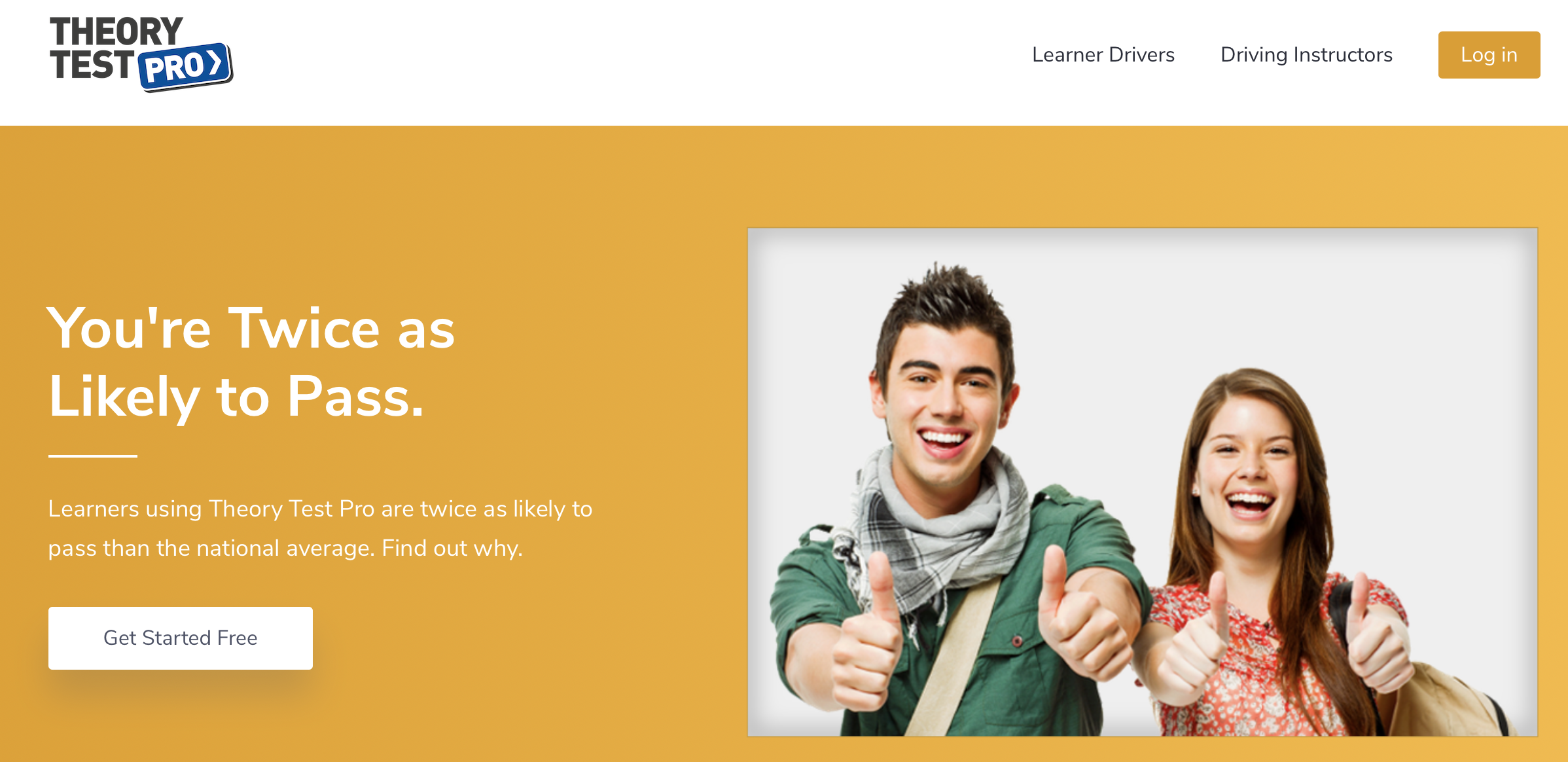New data shows that a minority of recently qualified drivers aren’t fussed about taking out insurance, adhering to speed limits, or keeping themselves and others safe on our roads.
According to data unearthed by the AA Driving School after putting in a Freedom of Information request to the DVSA, 11,125 new motorists had their driving licences revoked for a multitude of motoring sins in 2019.
The biggest by far was driving without insurance with 5,503 (49%) caught; that’s an estimated 14 new drivers each and every day. Speeding is next biggest culprit with 2,871 (25%) caught, booked and banned for flouting the limit.
Meanwhile, 602 bans were handed out for those found to be distracted driving, say, because of mobile phone use; 115 for failing to stop after an accident; 96 for drink-driving, and 40 for drug-driving.
The data also reveals that by far the biggest offenders were men who made up 82% of those banned compared to just 18% of women.
Most common offences
1. No insurance 5,503 (49%)
2. Breaking speed limit 2,871 (25%)
3. Misc. 1,155 (10%)
4. Vehicle defects and distraction – ‘construction and use’ 713 (6%)
5. Careless driving 475 (4%)
• Sourced from DVLA data provided to the AA Driving School.

Strict new driver rules
It’s important that new drivers remember licensing laws are very different for them compared to established drivers because of the New Drivers Act 1995. Motorists who have had their licence for over two years must accumulate over 12 or more points on their licence to receive a ban.
However, new drivers are immediately put on a two-year probationary period after qualifying and are only able to notch up six or more points before they have their licences taken away. For example, if found to be driving without insurance, that’s six points on a licence ergo a well-deserved instant ban.
Speeding is more variable; going slightly over the limit will typically see three points added to a driver’s licence and a fine (plus a hike in insurance), but for more serious infractions, again, it could mean six points or more and that instant ban.
Once banned, unlike established drivers who are given their licence back after a set period of time, new drivers must then resit both their practical and theory tests to win back theirs (oh, and good luck getting reinsured if you do manage to qualify again).
Signs of progress?
While the findings make for grim reading, they are actually slightly better than similar findings revealed in 2018; those revealed 33 new drivers were being banned each day with 11,953 in total losing their licences.
It means the figure has dropped by nearly a 1,000 (or 7%) – but, let’s be honest, if there was ever a definition of ‘cold comfort’, this is it.
Perhaps more reassuring for law-abiding drivers who may believe that all new motorists are reckless is that over 750,000 drivers pass the test annually.
It means that while the new figures make for worrying reading, it is only a small minority of new drivers who are behaving so badly that they lose their licence.

What needs to be done
While last year’s figures saw a call from the Brake charity for graduated licensing to be introduced that limit new driver activities (think late night driving curfews), the AA Driving School has a different take on this year’s figures.
“Statistics showing licence losses under the New Drivers Act are often used as a means to call for stringent graduated drivers licencing to be brought into the UK,” says Sarah Rees, managing director of AA Driving School.
“But these figures show insurance is actually the single biggest barrier to new drivers staying legal and keeping hold of their licence. More must be done to educate people on the risks of driving when uninsured, as well as improve education around other risky driving behaviours, such as speeding and using handheld mobile phones.”
Learn Your Highway Code

Stay legal, stay safe by learning the rules of the road with Theory Test Pro. Sign up for free here.
Police motorcyclist image © West Midlands Police
